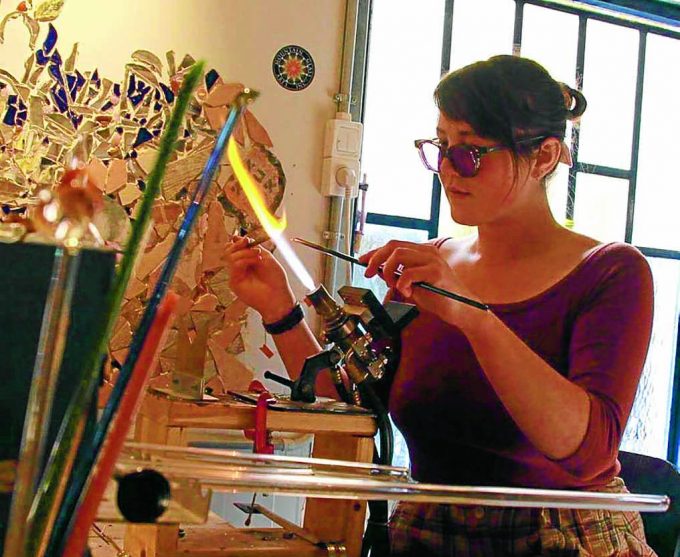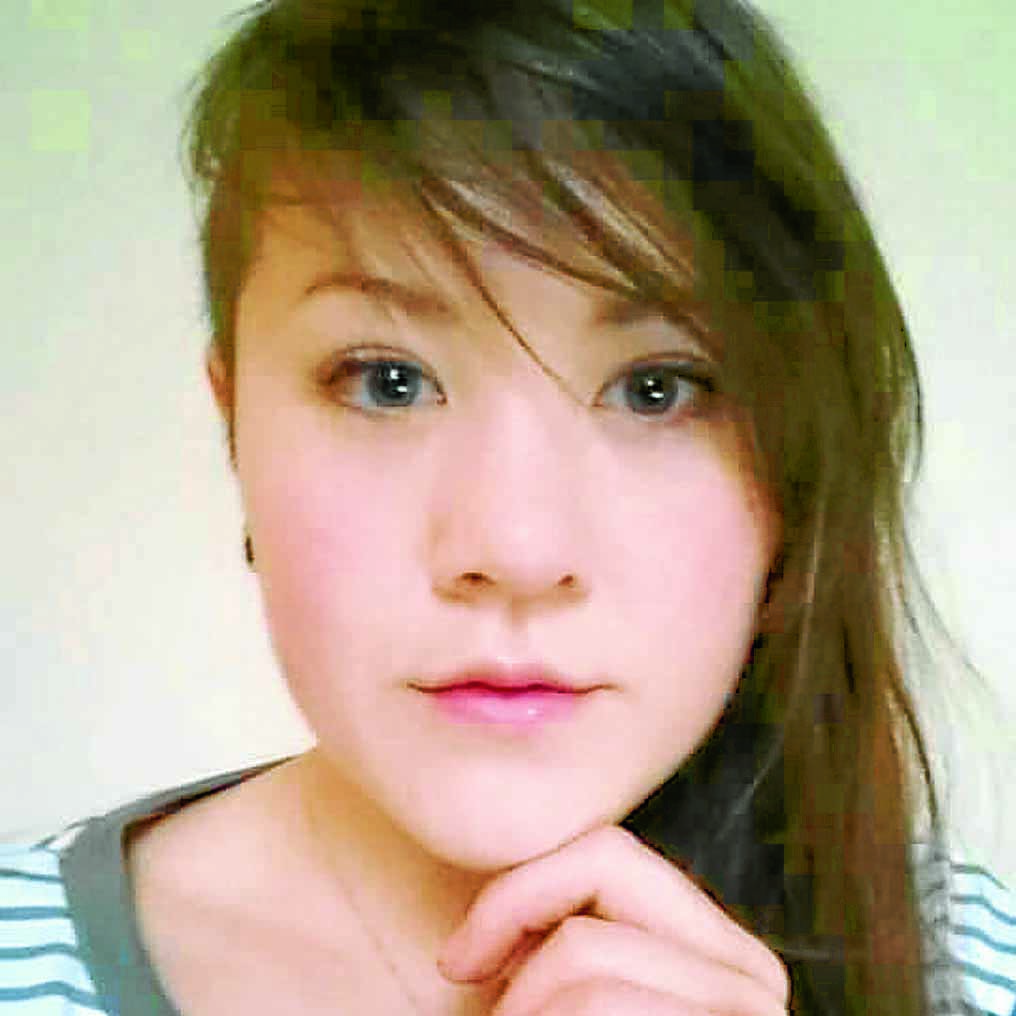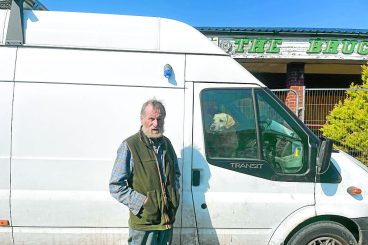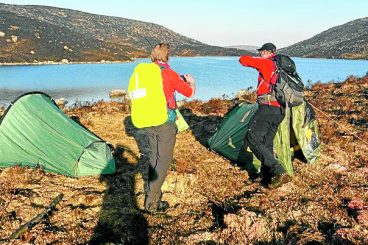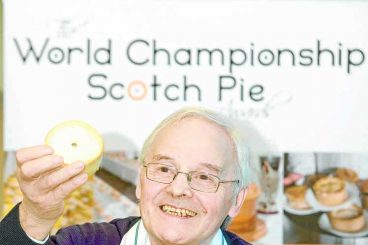Kira Lambert-Gorwyn moved to Tzfat last September after graduating in film and television from the University of Glasgow.
The 22-year-old is now living in an art colony and working as an apprentice glassblower and has just spent her first festive period living in the predominately Jewish country.
Discussing the Jewish culture, including the recent period of Hanukkah, Kira said: “Israel has just come out of the high holidays, which celebrates a myriad of occasions, including Sukkot, in which we spent the nights outside in makeshift huts, even eating all of our meals inside them.
“The Hebrew calendar is different to the Gregorian, and as such the holidays fall at different times each year. Interestingly, Hanukkah this year began on sundown at Christmas Eve, days are marked by sundown, as opposed to midnight, and it ended in New Years Day, so it was perfect for someone missing the festivities for the first time.”
Talking about a traditional Hanukkah period, she said: “It is the festival of light so there was candles burning in the house throughout each day.
“It is tradition to fry foods such as latkes, which are a type of potato pancake, usually eaten with apple sauce and sour cream, and to play a game with a four-sided spinning top, a dreidel.”
And, like Christmas, Hanukkah involves the exchange of presents, but Kira says gift giving is more humble and meaningful.
She said: “There is a gift giving aspect of Hanukkah, although the pressure is far less intense than Christmas, usually it is something small and thoughtful, rather than anything extravagant.
“Although I did miss being with my family on Christmas Day, the wholesome nature and quiet dignity of the Jewish holidays is a comfort.
“Spending time with friends and loves ones, playing board games, cooking up treats and making trips up the mountain is a wonderful exchange
“During many Jewish holidays the city shuts down, people do not work and the establishments are almost all closed, especially on the Sabbath where nobody even uses electricity.
“The roads are quiet and for the first time the words ‘day of rest’ seem to make more sense.”
